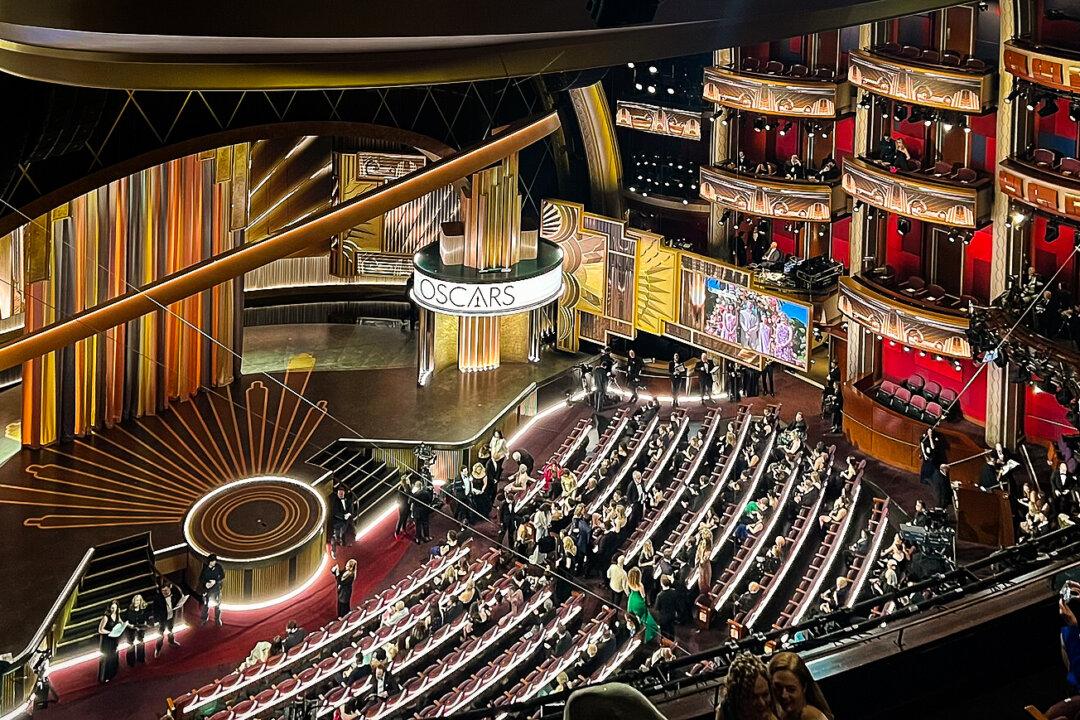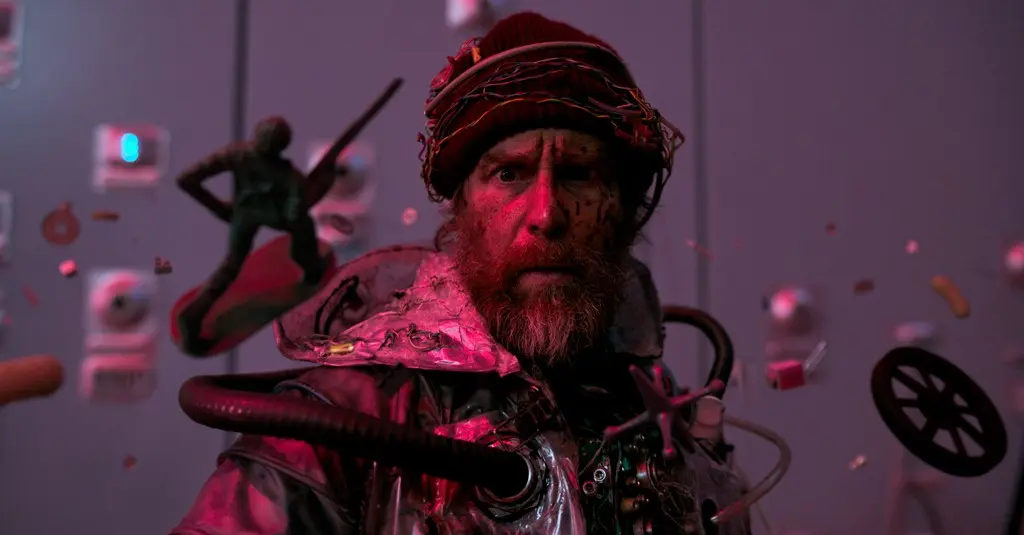For the fourth time in seven years, Jimmy Kimmel hosted the annual Academy Awards ceremony last night at the Dolby Theater in Los Angeles and televised on ABC.
Just why ABC brought Mr. Kimmel back isn’t much of a mystery. After all, ABC employs him five days a week as the host of the nightly “Jimmy Kimmel Live!,” which is actually taped. However, in his three previous outings as host, Mr. Kimmel’s average TV audience was 26.1 million, less than half of the most watched Oscar telecast ever in 1998 (55.25 million), and well below the average (39.73 million) since 1974 when viewership numbers were announced.






